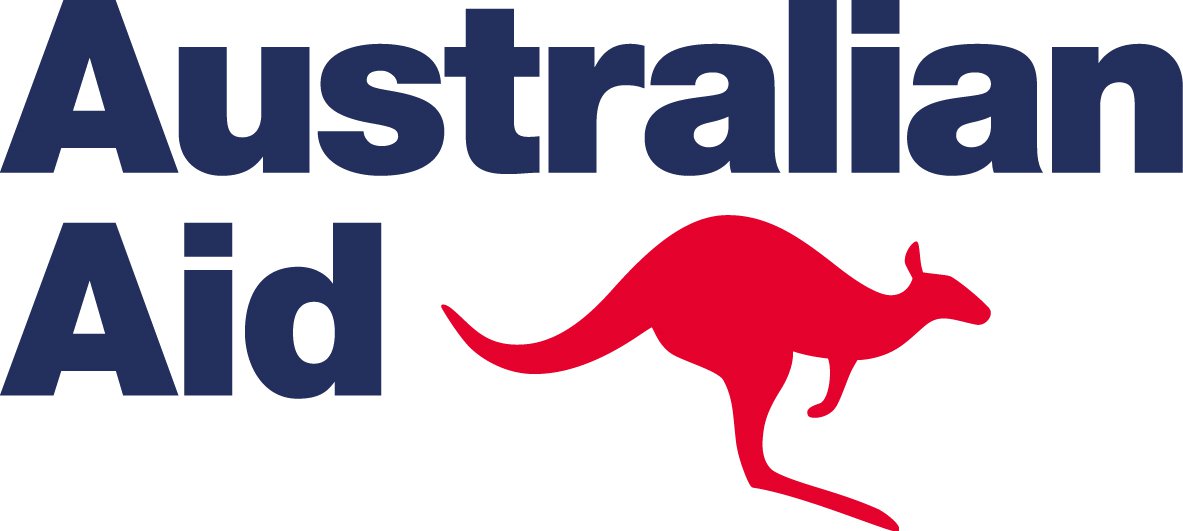Business and development exchange
While some donors have gathered valuable initial experience, moving from commitment to implementation has not generally proved easy. This is partly because of different working cultures, limited experience and, in some cases, latent distrust between the donor community and business. Also, rigorous evidence for successful models of engagement is still lacking.
The DFAT-funded Business–Development Exchange programme will build knowledge on why and how donors should engage with business. Its objective is:
‘to inform the strategy of DFAT, other donors, and selected companies for business engagement to achieve specific development objectives.’
These specific development objectives are:
- maximising the local economic development impact of large-scale mining operations (Indonesia);
- increasing economic benefits to smallholder farmers from agriculture (Vietnam; Burma);
- increasing the provision of high-quality and relevant skills development and vocational education (Indonesia; Vietnam; Burma);
- addressing the impact of family and sexual violence against women (Papua New Guinea).
The research will be grounded in four focus countries, which all have large low-income populations, are priority countries for DFAT, and where scope for business engagement is high. These are: Indonesia, Burma, Papua New Guinea and Vietnam. Burma is particularly topical as the world watches to see how new private-sector investment impacts on the country’s development. Indonesia and Vietnam are large economies where private-sector activity has high potential to generate growth and opportunities for significant poor populations. Papua New Guinea is a country where private-sector exploitation of mineral wealth has the potential to transform the country and society.
Within these sectors, the project will:
- analyse the various reasons for donor–business engagement and the mechanisms used to date;
- document and gather evidence of the impact of various donor–business engagement mechanisms;
- analyse the problems and issues within specific economic sectors that donor–business engagement can help to address;
- review how the regulatory environment within these sectors impacts the way business can address these issues;
- explore and promote opportunities for new donor–business engagement activities.
In addition to research on particular development issues, the project will also undertake several partnership studies, which will analyse particular mechanisms through which donors engage with business. Such mechanisms are not specific to any particular country or sector. Examples include: challenge funds, growth-corridor approaches, and local and home-country company partnerships.
The project will focus on how donors can engage with all business, but with particular emphasis on engagement with Australian business. While the programme is designed to inform DFAT's own business engagement strategy directly, it will also generate lessons of relevance to other donors and development practitioners, as well as companies seeking to optimise their development impact. Ultimately, the project aims to catalyse jobs, opportunities, services and social benefits for low-income people in these countries and to generate lessons on how this can be achieved elsewhere.
Staff
-
Claudia Pompa
Research Officer
-
Carolin Williams
Research Officer
-
Alberto Lemma
Research Fellow
-
Emily Darko
Research Officer
-
William Smith
Research Fellow
